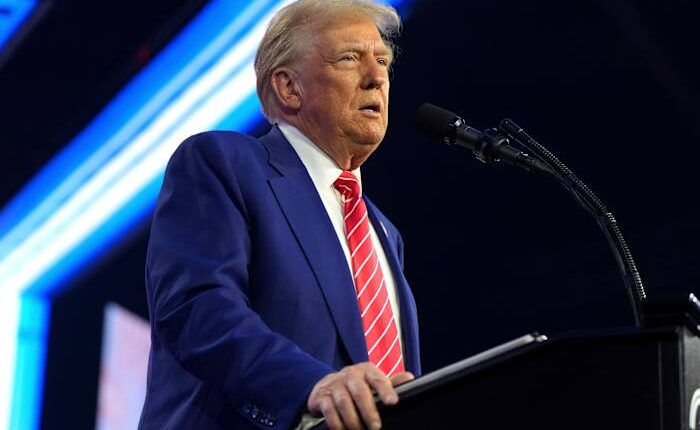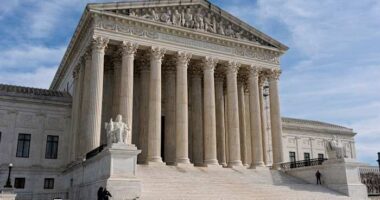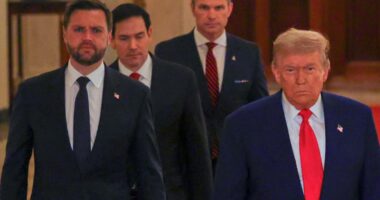
WEST PALM BEACH, Fla. – The incoming President, Donald Trump, has declared his intention to replace the current head of the National Archives. This decision has brought attention back to the agency as a result of mishandling sensitive documents, which eventually led to a federal indictment.
“We will have a new archivist,” Trump told radio host Hugh Hewitt on Monday.
Trump’s dissatisfaction with the National Archives was sparked when the agency raised concerns with the Department of Justice regarding Trump’s handling of classified documents at the beginning of 2022. Consequently, an investigation was initiated, culminating in a high-profile FBI search of Trump’s residence at Mar-a-Lago, making him the first former president to face federal charges.
The current archivist, Colleen Shogan, the first woman in the role, wasn’t in the post at that time.
Even though she was nominated by President Joe Biden in August 2022, her confirmation was delayed until May of the following year. This delay was a result of a prolonged political dispute over the National Archives’ involvement in the scrutiny of sensitive documents seized at Mar-a-Lago in Palm Beach, Florida.
The national archivist can be removed from office by the president, who can choose a successor who is then confirmed by the Senate, so Trump’s promise to do so is not unusual.
Still, Trump has vowed to smash what he calls the “ deep state,” a nebulous term referring generally to the federal government, including civil servants and bureaucrats he argues are hostile to his ideological views and those of Republicans more broadly.
Presidents are legally required to provide most of their records to the National Archives once they leave office. When the National Archives realized that some documents were missing from its collection after Trump left office, they made repeated demands for him to return them, according to the federal indictment.
Trump eventually turned over some of the documents but hid others, the indictment charged. He was indicted by special counsel Jack Smith on charges including willful retention of national defense information, conspiracy to obstruct justice and false statements and representations.
He pleaded not guilty and denied wrongdoing. Prosecutors moved to abandon the case after his Election Day victory in November. That was consistent with long-standing Justice Department policy that says sitting presidents cannot face criminal prosecution.
Copyright 2025 The Associated Press. All rights reserved. This material may not be published, broadcast, rewritten or redistributed without permission.

















